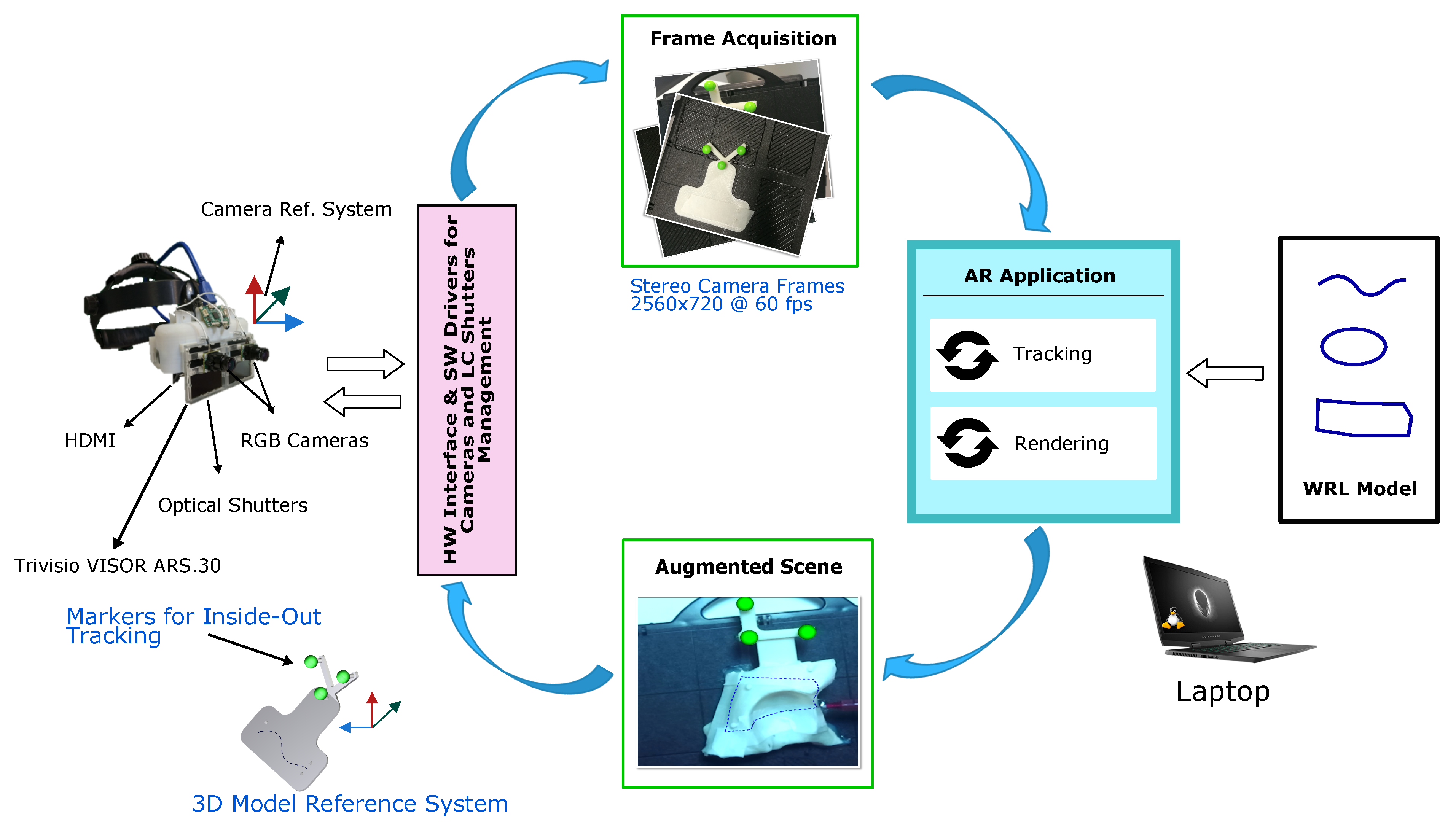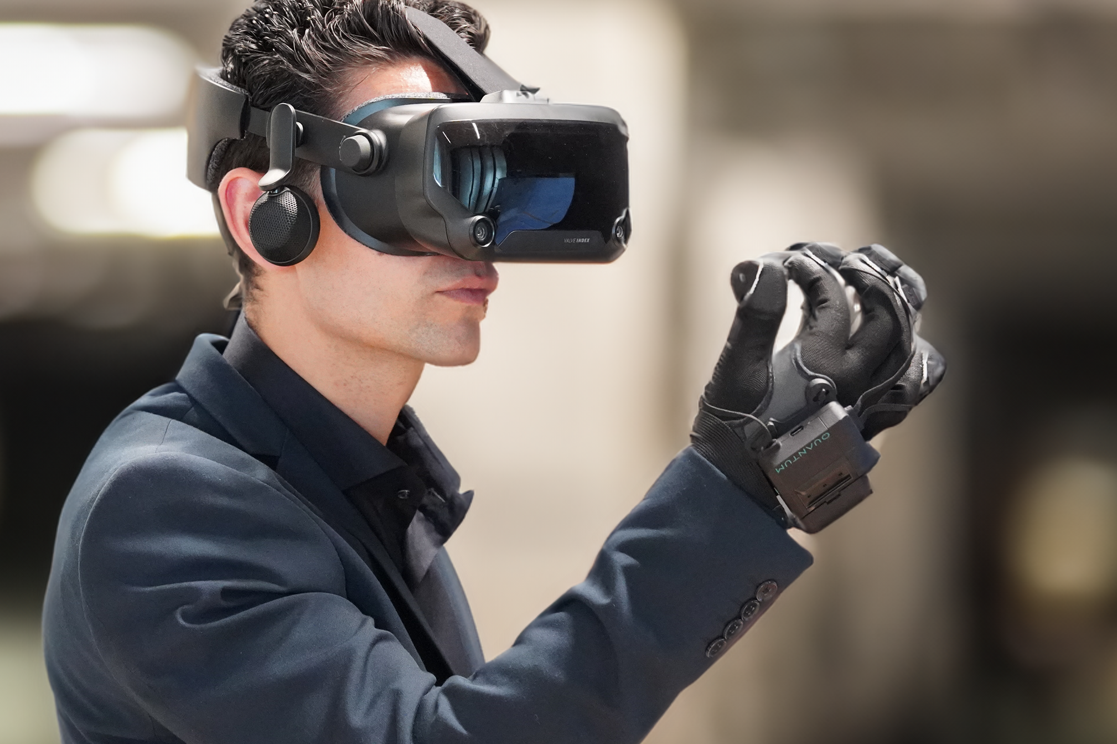Introduction
National security has always been a top priority for governments worldwide. In today’s digital age, where information flows freely and threats can emerge from anywhere, the need for advanced tools and technologies to protect our nations has never been greater. Enter quantum sensors – cutting-edge devices that leverage the peculiar properties of quantum physics to provide unprecedented capabilities in the realm of national security.
The Quantum Revolution
Before we delve into the applications of quantum sensors in national security, it’s essential to understand the quantum revolution that has been unfolding in recent years. Quantum physics, the branch of science that deals with the behavior of subatomic particles, has unlocked a treasure trove of opportunities for technological advancement.
One of the most famous quantum phenomena is superposition, which allows quantum systems to exist in multiple states simultaneously. Another key concept is entanglement, where particles become correlated in such a way that the state of one particle instantly influences the state of another, even if they are separated by vast distances. These properties may sound like science fiction, but they have real-world applications that are transforming various industries, including national security.
Quantum Sensors: The Basics
At its core, a quantum sensor is a device that utilizes quantum properties to measure physical quantities with unmatched precision and sensitivity. Unlike classical sensors, which are limited by the Heisenberg Uncertainty Principle, quantum sensors can surpass these limits due to their ability to exploit the principles of superposition and entanglement.
Here are some of the fundamental components and concepts behind quantum sensors:
Quantum Interference: Quantum sensors often rely on the interference of quantum states to make measurements. By manipulating the superposition of quantum states, these sensors can enhance their precision significantly.
Cold Atoms and Ions: Many quantum sensors use ultra-cold atoms or ions held in electromagnetic traps. These systems are isolated from external disturbances and exhibit long coherence times, making them ideal for sensitive measurements.
Entanglement-Based Sensors: Some quantum sensors are based on entangled particles. When two or more particles are entangled, changes in one particle’s state can instantaneously affect the others. This property enables the creation of extremely accurate sensors for various purposes.
Quantum Dots and Nanoparticles: Quantum dots and nanoparticles are often used in quantum sensors. These tiny particles can exhibit quantum behavior and are incorporated into sensor designs for their unique properties.
Applications in National Security
Now that we have a grasp of the underlying principles of quantum sensors, let’s explore how they are making a profound impact on national security:
Secure Communication: Quantum sensors are at the heart of quantum communication systems, such as quantum key distribution (QKD). QKD leverages the principles of quantum physics to ensure secure and unbreakable communication channels. Any attempt to intercept or eavesdrop on quantum-encrypted messages would disturb the quantum states, alerting both the sender and receiver to the breach.
Advanced Imaging: Quantum sensors have the potential to revolutionize imaging technologies used in national security. For example, quantum-enhanced imaging systems can detect hidden objects, such as explosives or contraband, with unprecedented accuracy. These sensors can be employed in airports, border crossings, and military checkpoints to enhance security measures.
Navigation and Geolocation: Quantum sensors are poised to enhance GPS technology. Traditional GPS relies on signals from satellites, which can be jammed or spoofed. Quantum sensors can provide precise navigation and geolocation services by measuring fundamental physical constants, making them resilient to interference and deception.
Nuclear Threat Detection: Detecting nuclear threats is a critical aspect of national security. Quantum sensors can detect minuscule changes in the environment, such as variations in magnetic fields or radiation levels, that may indicate the presence of nuclear materials or activities.
Early Warning Systems: Quantum sensors can be integrated into early warning systems for natural disasters and security threats. For instance, they can detect seismic activity, gravitational anomalies, or atmospheric changes that may precede earthquakes, tsunamis, or even missile launches.
Cryptography and Code Breaking: While quantum sensors enhance security, they also pose challenges. The development of quantum computers could potentially break current encryption methods. This has spurred research into post-quantum cryptography to ensure the continued security of sensitive information.
Challenges and Ethical Considerations
While the potential benefits of quantum sensors in national security are immense, there are also challenges and ethical considerations to address. Some of the key issues include:
Cost and Scalability: Quantum technologies are still in their infancy and can be expensive to develop and deploy. Ensuring scalability and cost-effectiveness is crucial for widespread adoption.
Data Privacy: As quantum sensors become more prevalent, questions arise about data privacy and security. Ensuring that sensitive information collected by these sensors is adequately protected is a priority.
International Regulations: The use of quantum sensors in national security raises questions about international regulations and arms control. Cooperation and agreements will be essential to prevent misunderstandings and conflicts.
Dual-Use Technology: Quantum sensors have dual-use potential, meaning they can be used for both civilian and military purposes. Striking a balance between innovation and security is a delicate task.
Conclusion
Quantum sensors are ushering in a new era of national security. Their ability to exploit the mysterious principles of quantum physics is providing governments with powerful tools to protect their citizens and interests. From secure communication to advanced imaging and early warning systems, the applications of quantum sensors are vast and promising.
As we continue to explore and develop quantum technology, it is essential to address the challenges and ethical considerations that come with it. Ensuring that quantum sensors are used for the benefit of humanity and not for harm is a responsibility that governments and researchers alike must embrace.
In a world where threats are constantly evolving, quantum sensors are at the forefront of innovation, safeguarding our nations and preserving the security and stability of our interconnected world.






